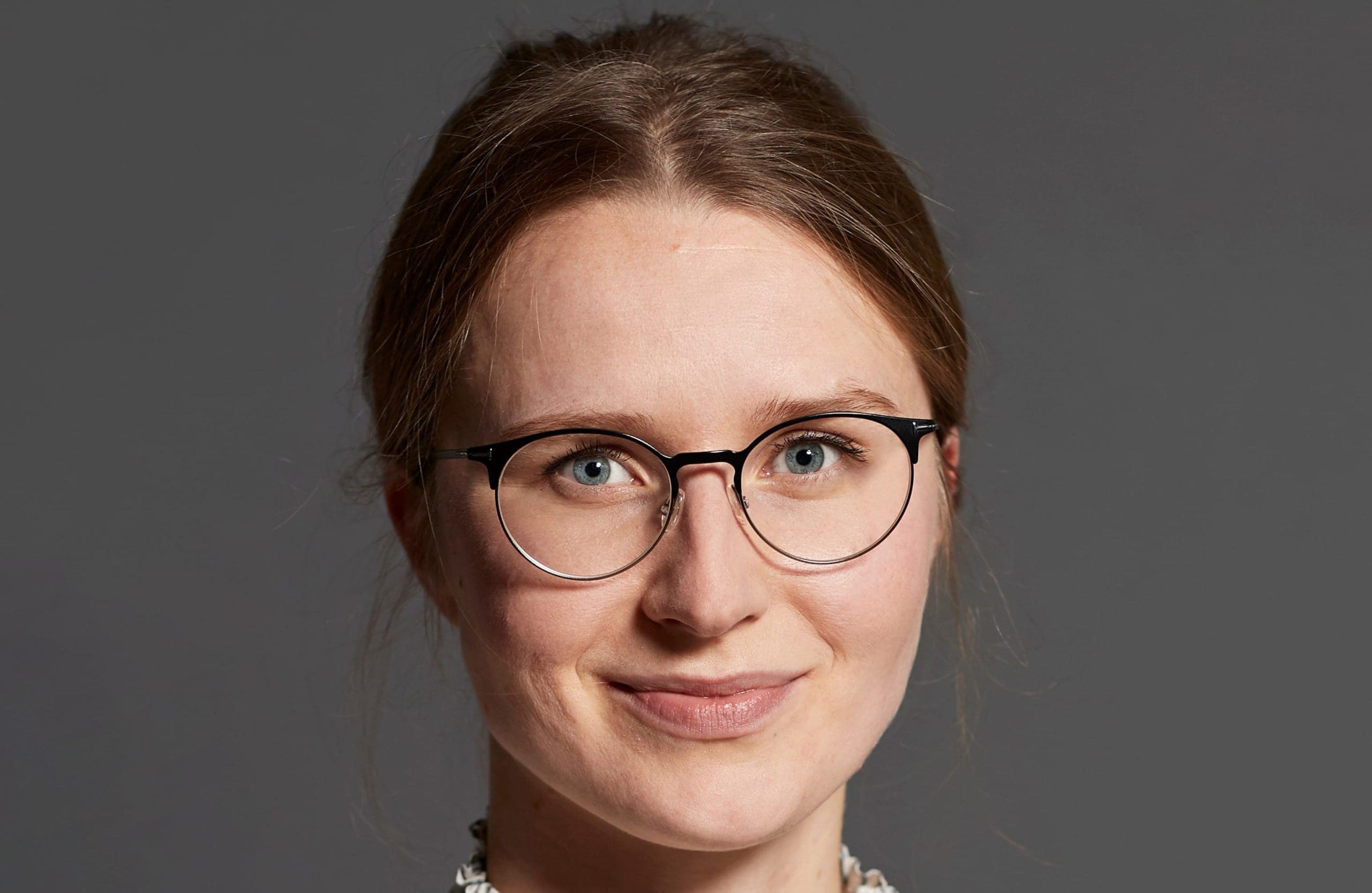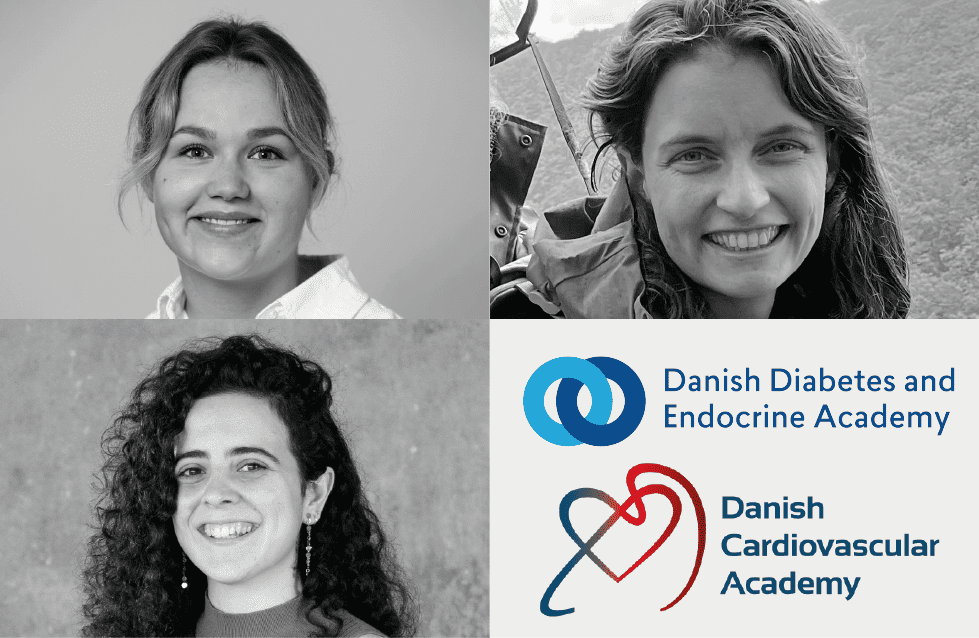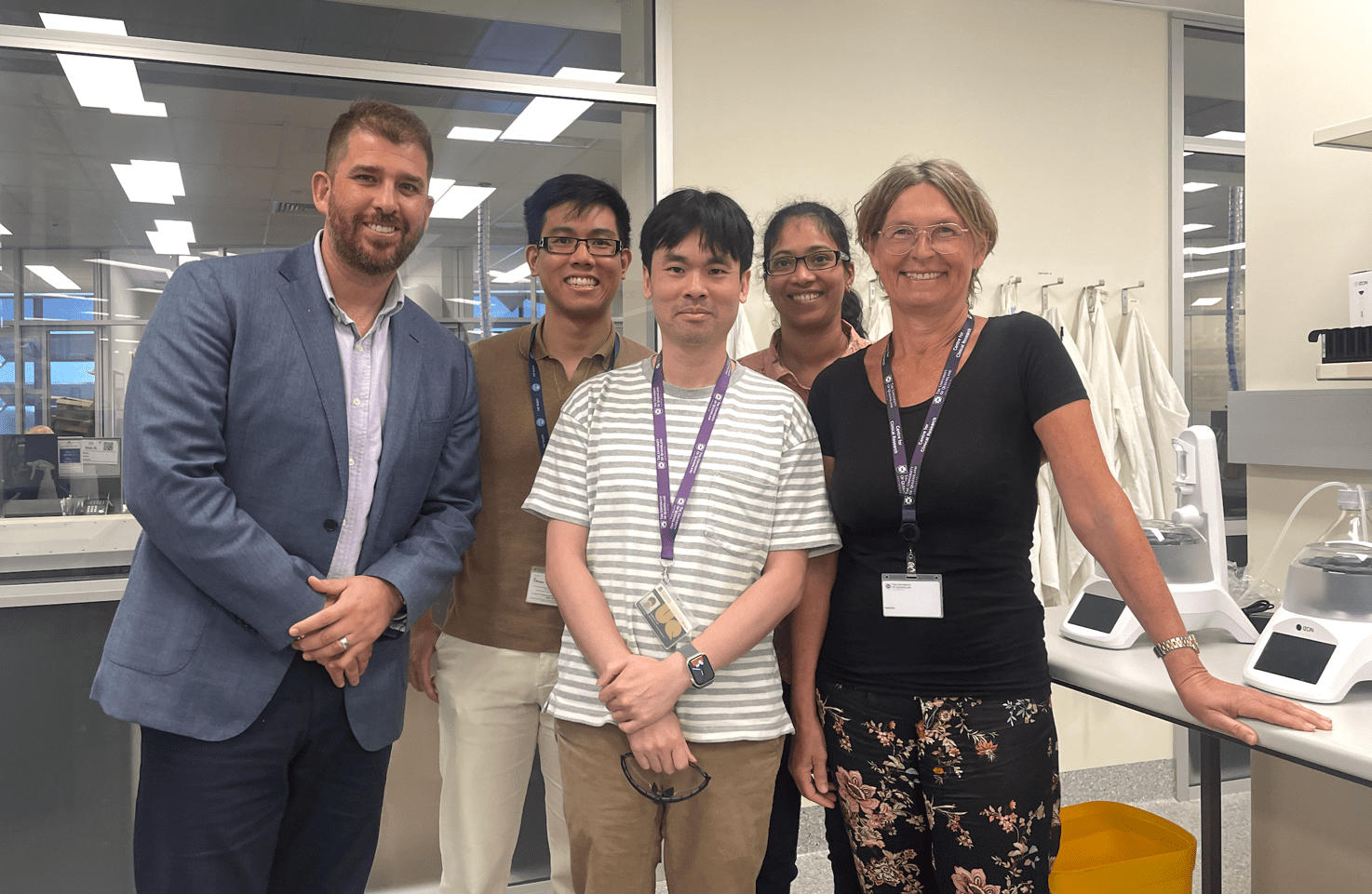Direct patient involvement in health research can have great advantages. Ph.D. Student Caroline Bruun Abild has first-hand experience from a recent qualitative study on disordered eating in people with type 1 diabetes.
People with type 1 diabetes have an increased risk of disordered eating and eating disorders. This calls for sufficient screening, yet very little is known about the patients’ perspectives on the screening questionnaires.
A recently published article, based on qualitative analyses, investigates this matter.
Early Detection is Vital
Caroline Bruun Abild has a background as a dietician with a degree in psychology. She has provided nutritional therapy within the field of endocrinology for years. She is currently a DDA-funded PhD student at Steno Diabetes Center Aarhus.
Caroline is first author of the article Patients’ perspectives on screening for disordered eating among adolescents with type 1 diabetes published 8 February 2023 in the journal Eating and Weight Disorders – Studies on Anorexia, Bulimia and Obesity. The article was co-written by Annesofie Lunde Jensen, Rikke Bjerre Lassen, Esben Thyssen Vestergaard, Jens Meldgaard Bruun, Kurt Kristensen, Rene Klinkby Støving, and Loa Clausen.
“The risk of disordered eating and eating disorders is increased in people living with type 1 diabetes for several reasons. Amongst these is the weight loss prior to diagnosis and subsequent rapid weight regain after insulin initiation, but also the incessant dietary focus, which is an intrinsic part of the self-management of diabetes,” says Caroline Bruun Abild.
“We know that there is an association between disordered eating or eating disorders and poor metabolic regulation, increasing the risk of diabetic complications – which makes the early detection of eating disorder symptoms extremely important. International guidelines such as American Diabetes Association recommend screening for eating disorders, so we wanted to explore the patients’ perspectives – what are their attitudes and experiences with the screening?”
A Small Step in the Right Direction
The screening referred to in the study is a questionnaire titled Diabetes Eating Problem Survey – Revised (DEPS-R), a 16-items screening tool devised to detect disordered eating in people with diabetes.
“We found that the screening for eating disorder symptoms was technically well-functioning and that the adolescents welcomed the screening. We also found that answering a questionnaire prior to a diabetes visit made it possible to address matters of eating behaviour at the visit and altered the communication to be more honest and individualised. We also found, however, that some items in the screening tool were difficult to understand for the participants,” explains Caroline Bruun Abild.
“I hope that this could be a step towards an implementation of a formal and systematic screening for eating disorders in people living with type 1 diabetes in Denmark. It will for sure require additional steps, both forward and backwards, and perhaps change the approach, but I hope that in the future, a focus on potential eating disorders is an integral part of a diabetes consultation. Just being aware that the patient group is vulnerable can alter the way we talk about food, body, and weight with the patient,” says Caroline Bruun Abild.
The study done by Caroline and her team was based on individual, semi-structured interviews of 15 adolescents between 11 and 18 years with type 1 diabetes.
“Different methodologies supplement each other in research. Epidemiological studies can help us understand e.g., the prevalence, incidence, and risk of disease – however, if we want to capture how the patients think, feel, or experience a certain phenomenon, we must choose a qualitative approach,” says Caroline Bruun Abild.
Room for More User Involvement
A schism sometimes seems to exist between qualitative and quantitative researchers, often with a tendency for the latter to be more widely utilised, depending on the subject matter. Caroline Bruun Abild recognises this pattern, but she also sees signs of mutual respect on the rise, especially when it comes to acknowledging the merits of qualitative research.
“In my opinion, there has been a paradigm shift creating a greater understanding and acknowledgment of qualitative research in the latter years. However, sometimes, the field of clinical research feels segregated between quantitative and qualitative researchers which is very unfruitful for the mutual understanding and potential collaboration,” says Caroline Bruun Abild.
In health research especially, focus on user involvement and end-user involvement is crucial whatever the method, but there could be significant benefits to expanding the patients’ participation even further, according to Caroline Bruun Abild.
“User involvement is, in my opinion, mandatory in a wide range of health-related research because many clinical outcomes depend on the patient’s compliance in the end – so why not include them in the projects? This could be in the early stages when formulating ideas for upcoming projects, but also during the project, such as troubleshooting a recruitment issue,” says Caroline Bruun Abild.
Currently, Caroline and her team are exploring the prevalence and characteristics of disordered eating and eating disorders among children and adolescents with type 1 diabetes. Additionally, they are conducting a qualitative study exploring the triggering and persistent mechanism of disordered eating and eating disorders. The hopes are that the studies can help inform future preventative strategies for this patient group.
Patients’ perspectives on screening for disordered eating among adolescents with type 1 diabetes
(Eating and Weight Disorders – Studies on Anorexia, Bulimia and Obesity, Feb 2023, https://doi.org/10.1007/s40519-023-01539-2)
Contact Information
Caroline Bruun Abild
Ph.D. Student, Steno Diabetes Center Aarhus
E-mail: cba@clin.au.dk













